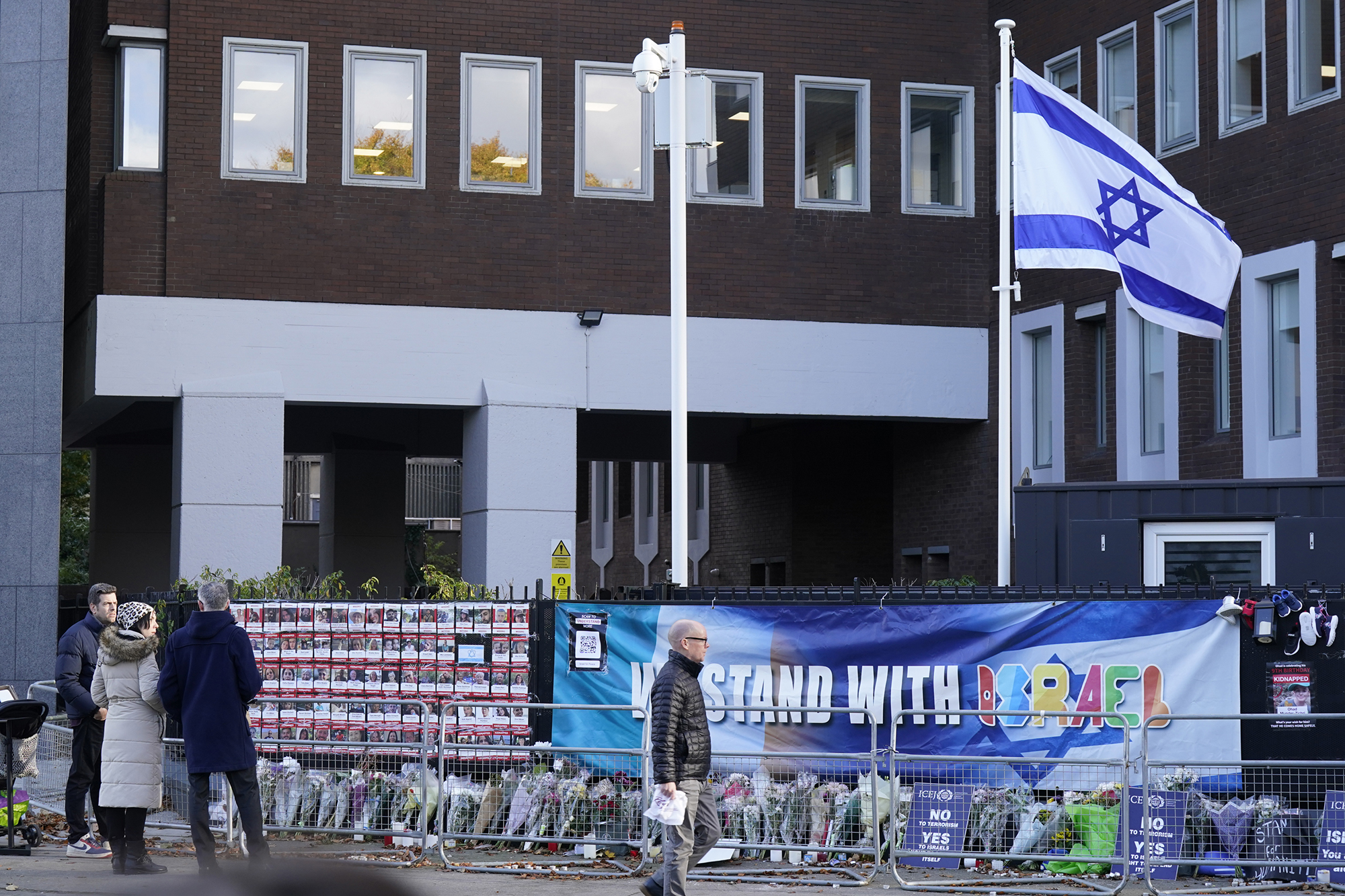European Nations Recognize Palestinian State Amid Escalating Tensions
In a significant move, Ireland, Spain, and Norway announced their decision to formally recognize a Palestinian state, effective May 28. The announcement has been met with a strong reaction from Israel and global diplomatic repercussions. This recognition adds to the long list of over 130 of the United Nations member states that have recognized Palestine.
Ireland's Foreign Minister, Micheál Martin, cited growing impatience with Israel's lack of political will for a two-state solution as a major factor behind the decision. Martin remarked on the undermining of the two-state solution by Israel's government policies and emphasized the necessity for a political path to harmony.
The recognition move by these European nations coincides with rising violence and unrest in the region. An Israeli military operation in the West Bank city of Jenin recently resulted in the deaths of 11 Palestinians. This act has further intensified the already volatile situation between Israel and Palestine.
Israel's Diplomatic and Military Response
In retaliation, the Israeli government is considering various diplomatic measures against these European countries, including the cancellation of official visits and revocation of diplomats' visas. Prime Minister Benjamin Netanyahu condemned the recognition as 'a reward for terrorism,' and emphasized that Israel would not tolerate such actions, highlighting that this would lead to severe consequences.
At the same time, Israeli Prime Minister Benjamin Netanyahu and other leaders have been grappling with the release of video footage by Hamas showing the kidnapping of IDF field observers during the October 7 attacks. This grim footage has stirred public sentiment and increased pressure on the Netanyahu administration to secure the release of Israeli hostages still held by Hamas.
International Reactions and Implications
The United States reacted swiftly to the recognition announcement. White House National Security Advisor Jake Sullivan emphasized that a resolution should come through direct negotiations between Israel and Palestine rather than through such unilateral recognitions. Sullivan also criticized Israel for withholding funds meant for the Palestinian Self-Government, urging that these resources should be released to stabilize the region.
The decision to recognize Palestine was welcomed by various nations and groups, including Saudi Arabia and Qatar. These countries expressed hope that more nations would adopt similar stances, contributing to a lasting peace in the region. On the contrary, the German Foreign Office cautioned that this recognition post the October 7 Hamas attacks might embolden terrorism.
- Despite the recognition of the Palestinian state by some European nations, the overall response within the EU remains divided. Countries like Germany have consistently supported Israel, stressing the need for a negotiated peace process rather than unilateral actions.
- Meanwhile, the humanitarian situation in Gaza continues to deteriorate. White House security adviser Jake Sullivan defended the US-led humanitarian efforts despite criticisms, noting that significant amounts of aid had reached Palestinian civilians, albeit with challenges.
- The recent fatal helicopter crash in Iran claimed the lives of key Iranian officials, which could potentially influence regional dynamics. Hamas has expressed sympathy with Iran but remains focused on the escalating conflict in Gaza, calling on international support against Israeli military operations.
- The actions of Israel's Defense Minister Yoav Gallant, allowing settlers to re-enter parts of the northern West Bank, further complicate the situation. This move has been seen as a step towards strengthening Israeli settlements, a contentious issue under international law.






